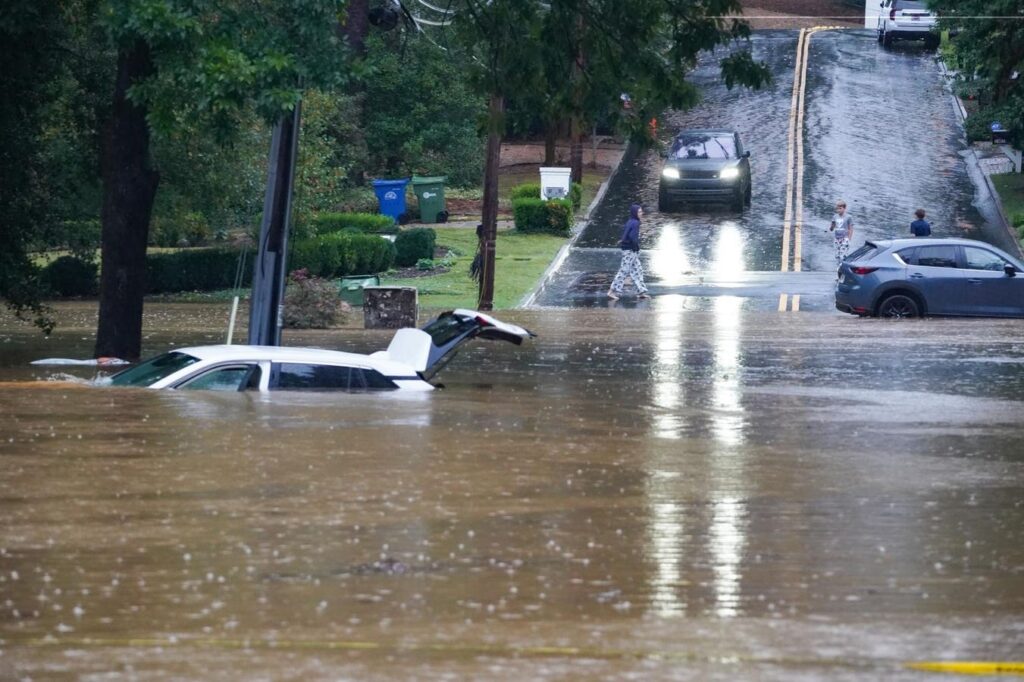
The Most Significant U.S. Weather Events Of 2024
As we close out the year 2024, it is imperative to acknowledge and reflect on the extraordinary weather events that have taken place across the United States. From devastating hurricanes to record-breaking heatwaves and severe wildfires, this year has been marked by unprecedented meteorological activity.
One of the most striking occurrences was Hurricane Helene, which made landfall in Florida’s Big Bend area as a Category 4 storm on September 29th. The rapid intensification of the storm combined with extreme rainfall and flooding led to catastrophic consequences. With over 230 lives lost and tens of thousands displaced, the economic toll is expected to exceed $190 billion.
Just two weeks later, Hurricane Milton struck Florida’s west coast as a Category 5 hurricane, spawning unprecedented 46 tornadoes, including three EF3-rated twisters. This unusual combination of severe weather phenomena has raised concerns about the increasing ferocity and unpredictability of hurricanes in the face of climate change.
In July, the United States experienced its hottest summer on record, with temperatures soaring to alarming levels. Climate change is largely responsible for this anomaly, as warmer water temperatures fueled extreme weather patterns.
Another major event was the Texas wildfires that ravaged over 1.1 million acres, destroying hundreds of structures and claiming the lives of more than 7,000 cattle in early 2024. The unprecedented speed at which these fires spread – up to 14.27 miles per hour – highlights the urgent need for proactive measures against this growing threat.
While some may view this year’s extreme weather events as isolated incidents, it is crucial to recognize that they are part of a larger trend. Climate change has already demonstrated its impact on our planet, and we must adapt to mitigate these consequences.
In a silver lining, data suggests that advancements in early warning systems, disaster management, and climate forecasting have resulted in a decrease in weather-related fatalities. This development highlights the importance of continued investment in scientific research and innovation to improve our preparedness for extreme events.
As we look ahead to 2025, it is essential to heed these lessons learned and apply them to future weather crises. Only by doing so can we ensure the well-being and resilience of individuals, businesses, and industries alike.
Source: www.forbes.com

